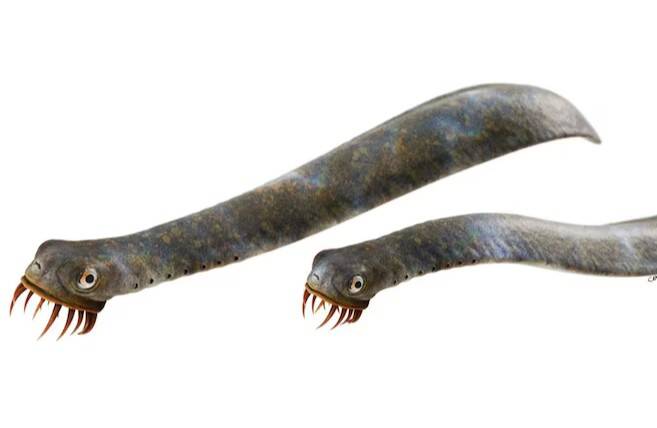
India’s first USP18 pseudo-TORCH case reported in Bengaluru
In a groundbreaking medical discovery, paediatric specialists in Bengaluru have identified and documented what is believed to be India’s first known case of pseudo-TORCH syndrome associated with the USP18 gene. This exceptionally rare genetic disorder has been seen in only a handful of children worldwide, making this diagnosis a significant milestone in the field of paediatrics. The case, which was identified in an 11-year-old girl, was treated at the state-run Indira Gandhi Institute of Child Health (IGICH), a premier institution for child healthcare in the country.
Pseudo-TORCH syndrome is a rare genetic disorder that affects the development and functioning of various bodily systems. The term “pseudo-TORCH” refers to a group of symptoms that mimic those of the TORCH syndrome, a condition that occurs when a fetus is infected with certain viruses, such as toxoplasmosis, rubella, cytomegalovirus, and herpes simplex virus, during pregnancy. However, pseudo-TORCH syndrome is not caused by a viral infection, but rather by genetic mutations that affect the development of the brain, liver, and other organs.
The USP18 gene, which is associated with this rare disorder, plays a crucial role in regulating the immune system and preventing excessive inflammation in the body. Mutations in the USP18 gene can lead to a range of symptoms, including developmental delays, seizures, and liver dysfunction. In some cases, children with pseudo-TORCH syndrome may also experience visual and hearing impairments, as well as cognitive and behavioral difficulties.
The 11-year-old girl who was diagnosed with pseudo-TORCH syndrome associated with the USP18 gene presented with a range of symptoms, including developmental delays, seizures, and liver dysfunction. Her parents had noticed that she was not meeting her developmental milestones, and she had experienced several episodes of seizures, which were not responding to conventional treatment. After conducting a series of tests, including genetic analysis, the team of paediatric specialists at IGICH confirmed that the girl had a mutation in the USP18 gene, which was causing her symptoms.
The diagnosis of pseudo-TORCH syndrome associated with the USP18 gene was a significant challenge, as it requires specialized expertise and equipment. The team of paediatric specialists at IGICH worked closely with geneticists and other experts to confirm the diagnosis and develop a treatment plan for the girl. The treatment plan included a combination of medications to manage her seizures and liver dysfunction, as well as physical and occupational therapy to help her develop her motor skills and cognitive abilities.
The successful diagnosis and treatment of this rare genetic disorder is a testament to the expertise and dedication of the team of paediatric specialists at IGICH. The institute has a long history of providing high-quality healthcare services to children in Karnataka and beyond, and this case highlights its commitment to staying at the forefront of medical research and innovation.
The documentation of this case is also significant, as it will help to raise awareness about pseudo-TORCH syndrome and the importance of genetic testing in diagnosing rare genetic disorders. It will also provide valuable insights for researchers and clinicians who are working to develop new treatments and therapies for this condition.
In conclusion, the diagnosis of India’s first known case of pseudo-TORCH syndrome associated with the USP18 gene is a significant medical milestone that highlights the importance of genetic testing and specialized care in diagnosing and treating rare genetic disorders. The team of paediatric specialists at IGICH has demonstrated exceptional expertise and dedication in identifying and treating this rare condition, and their work will have a lasting impact on the field of paediatrics.
Read more about this story at: https://newskarnataka.com/s/derqya






